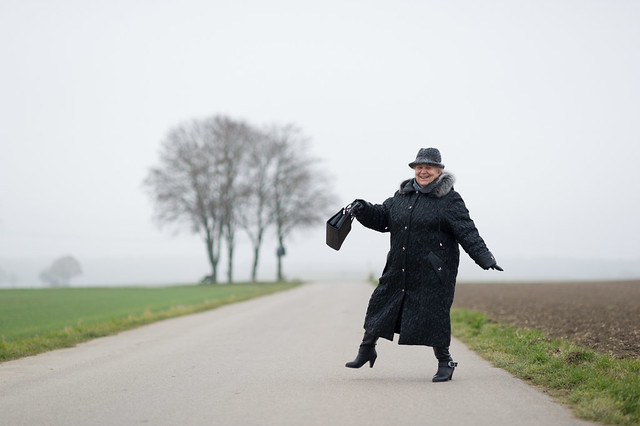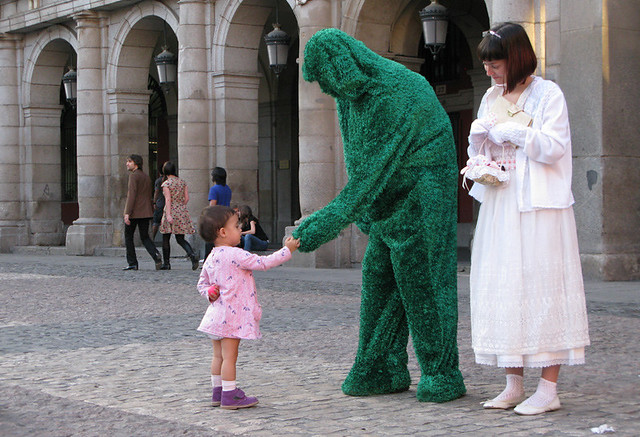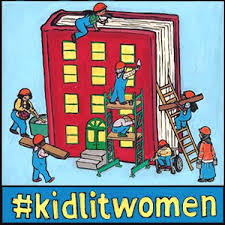The Making Of Alastair Beckworth, 008: The Ride
It was, his father told him, time to stop pretending like a child in a man’s world, and act as a man his age. The directives he’d been given were to Stop Faffing About and Do Something With Your Life. While his father’s newest wife stood by, bright manicured yands wringing in discomfited silence, Father had read him the riot act, beginning with how he’d done nothing but bother the maids and trouble the gardener since he’d been home, that it had been months since he’d done his A-levels, and that, no, a gap year wouldn’t do, since he obviously had energy to spare, and nothing to turn his hand to but pestering the staff. Something Must Be Done, and It Was Time To Get On With Things. Beckworth Men Were Men Of Worth and it was Time To Be Getting On In The World.
Unfortunately, Alastair had no idea how Getting On In The World was supposed to work.
It wasn’t as if he didn’t DO things already – hadn’t DONE things for the last several months. He wasn’t indolent, and knowledge had always come easily – too easily – to him, falling like ripe plums into his lap. When he’d been six, his mother already gone, he’d found the new nanny, a plump woman with a coronet of gray-streaked brown hair, weeping in the linen closet. Father had caught her teaching Alastair a skipping dance that morning, instead of drilling him his maths, and had threatened to sack her, even though she was once someone’s mum. Even though her husband had passed on, just like Alastair’s mum had, because Beckworth men did not gallivant around when there was work to be done.
If he had asked, Alastair would have told him that the skipping was a way to count that he hadn’t seen before. If he had asked, Alastair would have told him he’d danced that morning for the first time since his mother had died. He’d have told his father that he’d felt the iron bands around his chest begin to ease that morning, for the first time, and felt a little like smiling again, for the first time. But no.
The thought of losing Ms. Nan had stung like jellyfish whips. Alastair had made an unhesitating beeline for his Father’s study and, once his father was occupied, made sure to spill his tea all over the letter Father was typing to the employment agency. As Father cursed and sputtered, Alastair had wept glossy crocodile tears, then made such a hash of trying to “help” him clean it up that Father had bellowed for the nanny to come and take him away. Afterward, Alastair had made sure to be perfect for weeks after, so there was no more talk of turning Nan out after that.
In grammar school, things like spelling long words, and reading longer books had been side hobbies Alastair had pursued while the stalking more thrilling game like finding out why the chaplain was whispering on his mobile phone in the hall, and why the Games mistress would watch the highway every afternoon at three with a gloomy sigh. (The chaplain was a habitual gambler, making book with the local man down the way, while the Games mistress was watching for the lorry driven by her erstwhile love, the Estate Manager from Gorbals Park, who only had time to see her at the weekend.) (Those secrets had been fairly easy to suss out, once he’d cracked the code on the Dean’s phone, and filched the Games mistress’ stopwatch. An alarm had been set for three.) When Alastair had charged home for tea to relate the story to Nanny, she had been by turns amused and exasperated. “You’re going to get yourself into trouble one of these days, my boy,” she’d warned him. Alastair had simply shrugged.
By secondary school, Alastair had excelled at being both a thief and a spy. No longer content just to bedevil his teachers, he kept an ear to the floor – and to all doors – around the manor. Knowing the cook’s son had been bullied by a butler’s daughter put the cook in his debt, after he sorted the snotty little miss as to who really had the right to push others around. Watching his stepmother’s newer, brighter makeup and hair styles as his father’s business meetings multiplied made Alastair set himself to quietly finding out; was Father really away on business, or doing something – or someone – new?
Even as he learned what papers on his father’s desk meant, learning the languages of business to peruse contracts and writs, Alastair was writing brilliant essays and arguing confidently in his debate club. While slipping into his Father’s electronic books to track down where he really kept his assets, Alastair was excelling in higher maths, geometry, trigonometry. Just knowing things meant that there was more to know; after chemistry and physics failed to sate him, his satisfaction in knowing there was simply more to know itself a heady lure. If only he didn’t keep getting distracted by the things he knew… there was always something more to find out, though; another fact, another story, another secret just over the horizon. And then graduation had come, and he’d marched out with the rest of his peers, content to wander back to the estate and rusticate with nanny – now retired – for a bit, then, maybe later, attempt university, if he could wrestle down the reams of things which interested him, piqued his curiosity, or looked like things he could do…
And now Father was… ending the fun. He was being packed up, sent off, and locked away in the gray iron-and-cement vault of the London business world. He was meant now to be A Grown Man, a Beckworth Man. A Man of Worth.
Alastair had no idea if he wanted to be a man of worth. Even being a Beckworth was somewhat suspect, to his mind.
“They’re expecting you at Benchmark Monday morning,” Father said firmly. “You’ll stay in my rooms at Broderick’s, and set yourself to shadowing Errol for a few weeks, see what you can learn. I expect you to distinguish yourself,” he added. “At the very least, you can be out of my hair for a time.”
“If that’s what you want,” Alastair said tonelessly, furiously calculating how much time he had, where he could go, and what he could do to escape this.
“It’s what you need,” his father had barked, launching into one of his aphorisms. “Beckworths are men of character, men of consequence. We set our feet on the road and let no one stop us.”
Alastair paused. “Indeed,” he murmured thoughtfully, then looked up, his expression full of false heartiness as he made his decision. “Well, then, Sir,” he said, shaking his father’s hand. “I shall take myself off to London.”
When the family sat down to supper that evening, he was astounded to note that his son had packed a bag, instructed his rooms to be packed up, and had driven himself off in the old gray Audi he’d bought for the nanny to drive, years and years ago. Mr. Beckworth was undeniably piqued – but curious. He knew Alastair was probably not obediently going to show up at Benchmark Ltd. on Monday, ready to do his duty. He supposed he was lucky Alastair had come home after school was finished; he’d expected him to vanish somewhere in the countryside and to hole up with questionable peers at some house party. Instead, he’d come home as if he’d had nowhere else to go. Mr. Beckworth shook his head and applied himself to his steak and peas. There was no telling where someone like Alastair would end up.
It had been a long while since he’d been behind the wheel. Alastair shifted gears noisily, the clutch grinding threateningly. He only tightened his mouth, concentrated, and shifted again. Better. Better. He’d get up to speed back here on these flat country roads, and have things figured out well before he got to the airport.
From there, of course, there was no telling what he’d do. No one actually said that being at an airport meant he had to board a plane for London. Perhaps he’d try a train. A boat. A ship headed for the Foreign Legion. Who were the Foreign Legion, anyway? Pretend Frenchmen, signing up to lose themselves in the desert? Why? What did they have to hide?
How much would it be worth to them to make sure no one found out?
Alastair narrowed his eyes speculatively, his foot easing on the accelerator. Up ahead, there was a smudge of black on the side of the road. As he zoomed closer, it resolved itself into a waving figure, and then he was past. He braked convulsively, fighting the car as it skidded. Clamping his arm around the passenger seat, he wove his way backwards, grateful that there was no one else on the lonely road.
At the black-coated figure, he stopped, and let out a disbelieving laugh.
“Nan?”
The old woman beamed. How she had gotten there, so far ahead of him, Alastair could only guess. She carried only her handbag, a clunky, old-fashioned thing, but which was usually filled with every necessity for a good adventure – boiled sweets, toy cars, handkerchiefs, and the odd cheese sandwich.
Alastair rubbed his chest. Sometimes, he missed Nan, and the little adventures they’d gone on when he was a child. Sometimes he missed the odd dance or gallivant. He wondered if Nan was up for a little fun.
She stepped forward, brows raised. “Going my way?” she asked demurely, waggling her handbag.
It seemed she was.
Alastair laughed, for real this time, and opened the car door to let her inside.
< /end>
This was fun, and reminded me of the Police Adventures stories I used to make up when I was eleven, about my friend Danny and me, being Smart Detectives. I figure that a.) 007 had to come from somewhere, and b.) we’re overdue for a 008 by now. So, here’s Alastair for you, before his Big Adventures (whatever those might be) and you’re welcome.
This month’s image comes from Flickr user Philipp Rein of Augsburg, Germany.





